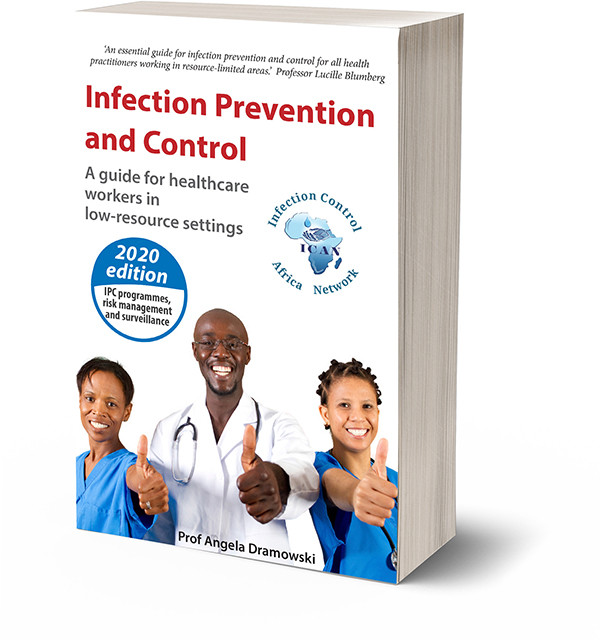Quiz 4: Environmental health
Please choose the one, most correct answer to each question or statement.
- Which of the following is a major source of air pollution?
- Smoke from indoor fires
- Smoke from burning garden rubbish
- Ozone from the ocean
- Emissions from nuclear power stations
- Air pollution may result in:
- Rickets
- Rheumatic fever
- Lung cancer
- Breast cancer
- How big a problem is air pollution?
- It is no longer a problem in industrialised countries like China
- Globally, there is an air pollution problem in large cities where it is an important cause of ill health
- It is not a problem in poor countries like India because coal is too expensive to be used
- South Africa has an air pollution problem in rural areas due to grass fires.
- An important chemical air pollutant which can affect health is:
- Carbon dioxide
- Nitrogen
- Sulphur dioxide
- Manganese
- How can individuals improve air quality?
- Wear a mask while outside
- Only smoke filtered cigarettes
- Burn wood rather than coal at home
- Cook with gas rather than wood or coal
- How many households in South Africa have access to piped water?
- 25%
- 50%
- 75%
- 90%
- What percentage of piped water is of good quality in South Africa?
- 23%
- 43%
- 63%
- 83%
- What is the recommended daily basic water requirements per person in South Africa?
- 3 litres
- 25 litres
- 50 litres
- 400 litres
- Too little water may result in:
- Bronchitis and asthma due to the bad smell of stagnant water
- Plague due to fleas breeding in the stagnant sewerage
- Deaths due to dehydration
- Giardiasis in dried up rivers
- Which of the following is a recognised risk from drinking poor quality water?
- Diabetes
- Diarrhoea
- Bowel cancer
- Pancreatitis
- What is environmental enteropathy?
- A chronic gut condition caused by drinking contaminated water
- A form of acute dysentery presenting with bloody stools
- Meningitis caused by bacteria in dirty water
- Drying of the environment caused by drought
- An important cause of chemical pollution of water in South Africa is?
- Tin from old pipes
- Copper from taps
- Heavy metals from old mines
- Iron from rusty pipes
- Which of the following is considered “improved toilet facilities” in South Africa?
- Shared bucket system with a daily collection
- Bucket system in each house with a weekly collection
- Unventilated pit toilets
- “VIP” pit toilets
- What percentage of the South African population has access to flush toilets?
- 25%
- 40%
- 60%
- 75%
- What is the main cause of climate change?
- It is part of a natural cycle of global warming caused by the energy output of the sun increasing
- It is caused by burning fossil fuels such as coal, oil and natural gas.
- It is a result of too many satellites in space
- It is caused by rising sea levels
- What effect will climate change have on the world’s climate?
- All regions will become hotter and drier
- Sea levels will fall due to increased evaporation
- Ice at the poles will melt making the world wetter and colder
- Severe weather events such as droughts, floods and heat waves will become more common
- Health risks from climate change in South Africa include more:
- Mosquito borne diseases
- Heart disease
- Influenza
- Stunting
- Climate change could lead to:
- Improved farming due to more sunshine
- Less air pollution due to more rain
- More sea food as a result of warmer seas
- Conflict over scare resources such as food and water
- How can the risk of climate change be reduced?
- Stop building nuclear power stations
- Build more coal fired power stations
- Increase the use of wind energy
- Stop the sale of cigarettes
- The impact of climate change is expected to be worst in:
- Wealthy countries as they produce the most air pollution
- Middle and low income countries
- Cold countries far away from the equator
- Cities far from the sea

